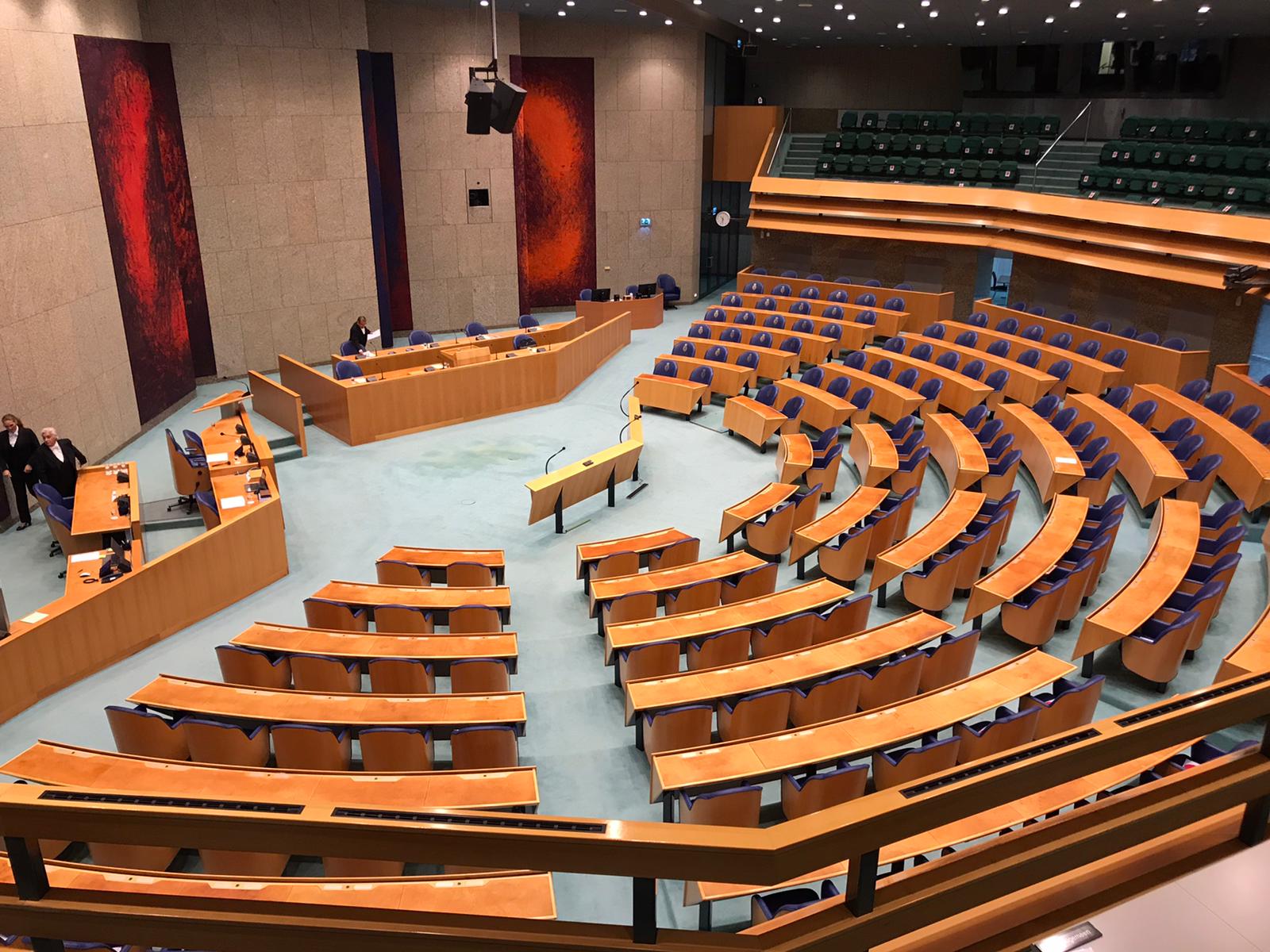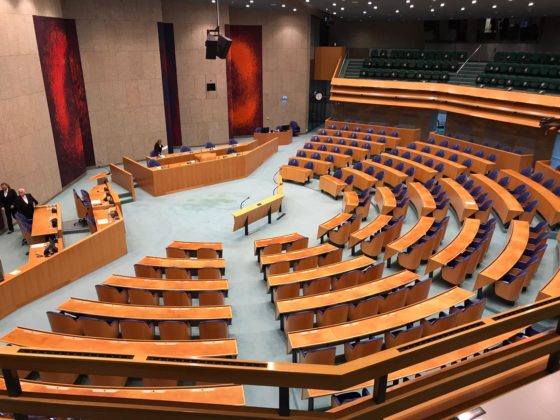So the votes are being counted: what happens next?


Votes in the general election are still being counted, but once the count has been concluded, the process of putting a new coalition together starts. Here’s what you need to know.
Firstly, who gets a seat in parliament can depend on how many votes they got. MPs are chosen according to their place on the list.
However, if an MP lower down the list gets a lot of preference votes – more than 25% of the electoral quota, to be technical about it – he or she will move up the list and win a seat in parliament by pushing someone else out.
What happens next?
Dozens of parties may appear on the ballot paper, but only those beating the electoral quota will end up with an MP. This is calculated by dividing the overall number of votes cast by 150. In the last election that was 62,828 – so that a party scoring more votes than that was certain of at least one seat in parliament.
Any remaining votes are divided up according to a very complicated formula. Some parties agree to transfer their excess votes to another party so that they can benefit from the extra support and win a seat.
Later on Thursday, the leaders of all the parties which have won seats will meet parliamentary chairwoman Khadija Arib to decide who should be the verkenner – a senior statesman or women who looks into possible government coalitions in the days after a general election.
The verkenner holds talks with party leaders to sound them out on potential partnerships.
Agreement
Once a potential coalition has been identified, the verkenner suggests a potential informateur, an appointment which has to be approved by the new house of parliament. He or she will then carry out the detailed negotiations with the parties likely to form a new cabinet.
When that process has been completed, the formateur – effectively the next prime minister – comes on board. He – yes, it will be Mark Rutte again – will then get down to the nitty gritty of working out a coalition agreement.
This can take months, during which time the new MPs have to deal with ministers who are in caretaker functions – as the current cabinet has been since resigning over the childcare benefit scandal. So nothing really gets done and the country seems to function perfectly well.
Rutte has already said he hopes that the formation can take place as quickly as possible given the challenges facing the country.
Agreement
Once the new government has been finalised, it will publish its regeerakkoord – a document outlining all the plans that the new government has agreed on. This is usually a mish-mash of political compromises plus a host of new policies which no-one ever voted for but which seem to suit the new mood.
The current coalition of VVD, D66, CDA and ChristenUnie are set to have a clear majority in the new parliament but the three bigger parties would also have a majority with out the CU.
Ditching the CU, which is set to lose a seat, would enable the coalition to tackle ethical issues – such as euthanasia for the frail elderly who are ‘tired of life’ – more easily.
Thank you for donating to DutchNews.nl.
We could not provide the Dutch News service, and keep it free of charge, without the generous support of our readers. Your donations allow us to report on issues you tell us matter, and provide you with a summary of the most important Dutch news each day.
Make a donation